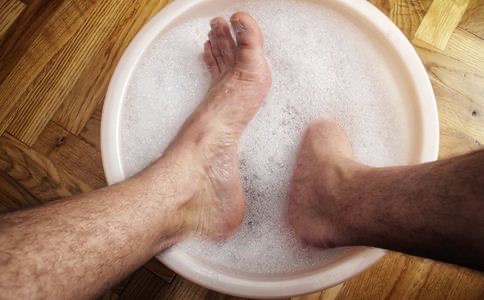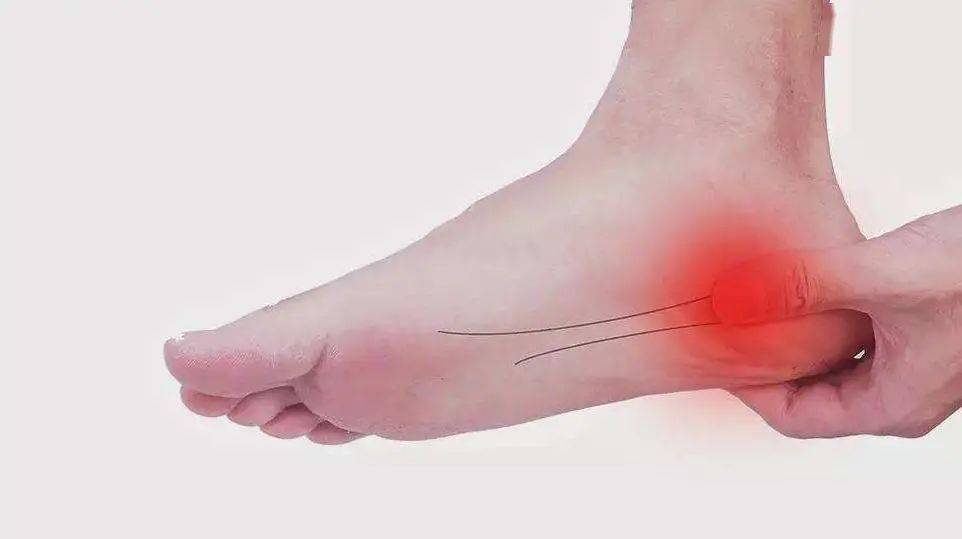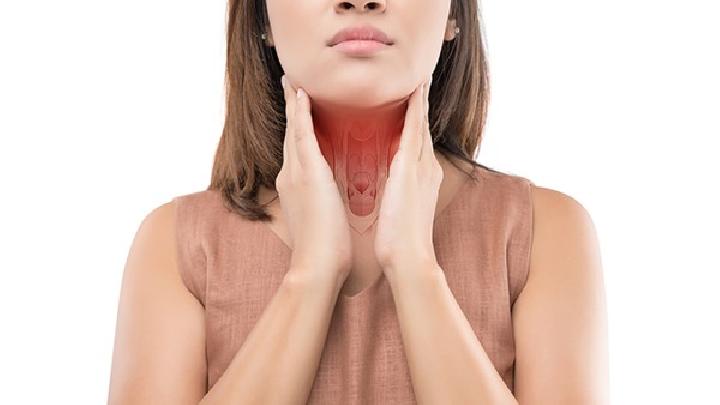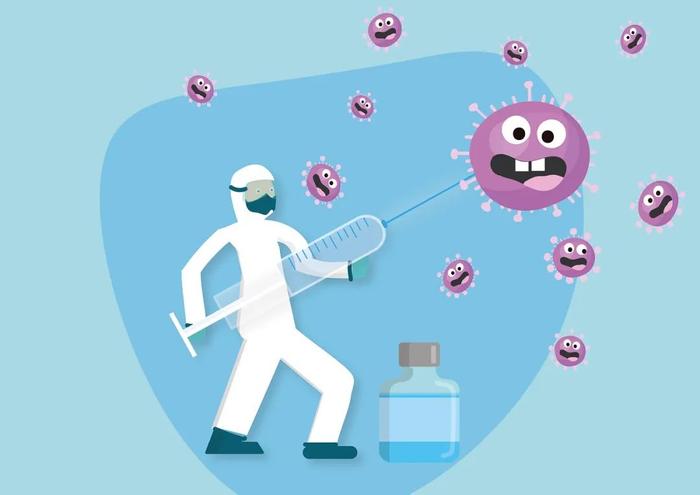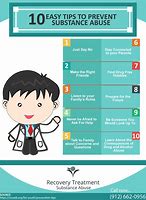Snoring isn't just embarrassing, it's a disease.
Do you snore? Does your loved one or family member snore when they sleep? People spend most of their time sleeping, so it's important to have a good quality sleep and a quiet sleeping environment. But maybe when you are trying to fall asleep, you suddenly hear someone else's "thunderous snoring" or your "thunderous snoring" and get complaints from others? Do you know that severe snoring is a disease?
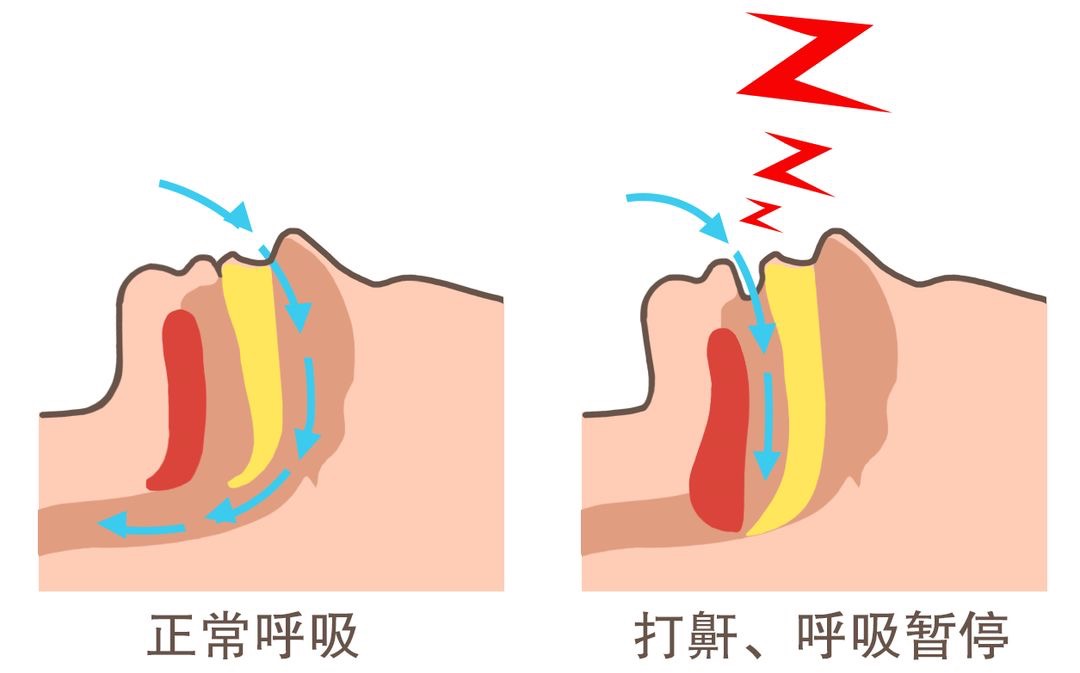
Snoring is not just a simple matter of embarrassment, it is a serious matter. Realize that this is not a lighthearted concert, but a serious, serious life and health issue for tens of millions of snorers! Even worse, this is not a farce, but a serious reality. Too many people have left this world in their sleep because of snoring. This Obstructive Sleep Apnea Syndrome is like a difficult part of sleep, leaving sufferers struggling with repeated stops in breathing. It not only deprives their body of oxygen but also acts like a mischievous little devil, disrupting their normal sleep and affecting their daytime work and studies. Worse still, this lack of oxygen is like rocket fuel to their body, making them rise above the skyline of disease. Cardiovascular diseases are like aliens in space that smell this tantalizing scent and accelerate their attack. Even, for a very few severe patients, sudden death that occurs at night is like a phantom in the night, silently taking their lives. So how do you diagnose if you have sleep apnea syndrome? Performing a sleep test is a common method. A sleep test monitors the patient's breathing during sleep so that the doctor can make an accurate diagnosis.

Snoring is a common occurrence, but most people do not experience severe snoring or snoring that lasts for a long period. The main cause of snoring is due to a narrowing problem in the upper airway, which can block airflow and cause noise in the mouth and nasal passages. Most people snore occasionally, especially if they fall asleep after exertion. These people do not experience symptoms of hypoventilation, hypoxia, breath-holding, or apnea during their nighttime sleep, so this is not considered a disease. However, some people snore with these symptoms, which is called "malignant snoring," and these people may have obstructive sleep apnea syndrome. Obstructive sleep apnea syndrome is a syndrome characterized by nocturnal snoring with hypoventilation or apnea, which leads to hypoxemia, resulting in a range of systemic symptoms. This disorder not only affects the quality of sleep, but also leads to daytime sleepiness, fatigue, memory loss, poor concentration, headaches, and reduced work capacity.
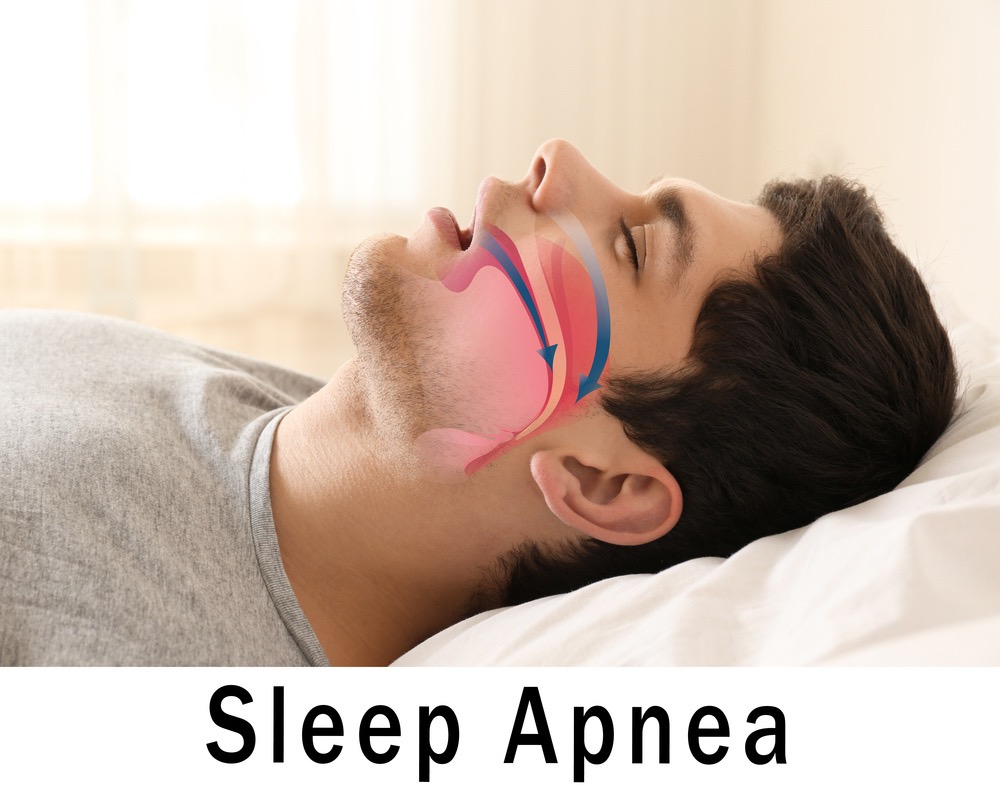
For people who suffer from obstructive sleep apnea syndrome, snoring can be very serious and may even lead to apnea. This condition can be diagnosed by performing a sleep test, which monitors the person's breathing during sleep. Treatments for Obstructive Sleep Apnea Syndrome include changes in sleeping position, weight loss, use of a continuous positive airway pressure ventilation device and the most effective method is the use of a specialized oral appliance, which can help to open the upper airway, reduce snoring and improve sleep quality.
(Writer:Dick)
